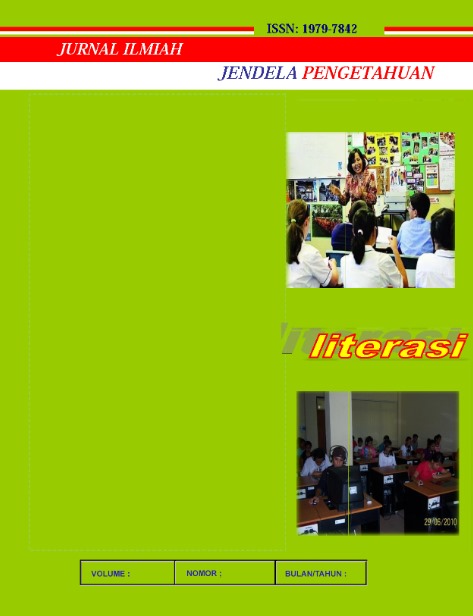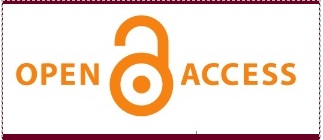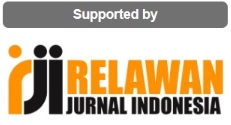Analysis of Community Perceptions on the Family Hope Program in Waiheru Village, RT 014/RW 004
Analisis Persepsi Masyarakat Tentang Program Keluarga Harapan Di Desa Waiheru RT 014/RW 004
Abstract
This study analyzes community perceptions of the Family Hope Program (PKH) in Waiheru Village, RT 014/RW 004. The program has been a critical instrument in the government's efforts to reduce poverty in Indonesia through conditional cash transfers to improve access to education, health, and social welfare. The research methodology employed a qualitative approach with in-depth interviews with PKH beneficiaries. The findings reveal that most community members have positive perceptions of PKH, particularly regarding support for education and healthcare. Many beneficiaries stated that their assistance helps them meet their children's educational needs and access healthcare services. However, challenges still need to be addressed in the program's implementation, such as delays in fund disbursement and inaccurate targeting of aid recipients, which are areas that require improvement. In conclusion, while PKH has significantly improved the welfare of low-income families, further enhancements in distribution accuracy and fund disbursement efficiency are necessary to maximize the program's impact.
Downloads
Copyright (c) 2025 Priscillia Heumasse, Josef Papilaya, William George M Louhenapessy

This work is licensed under a Creative Commons Attribution 4.0 International License.
















